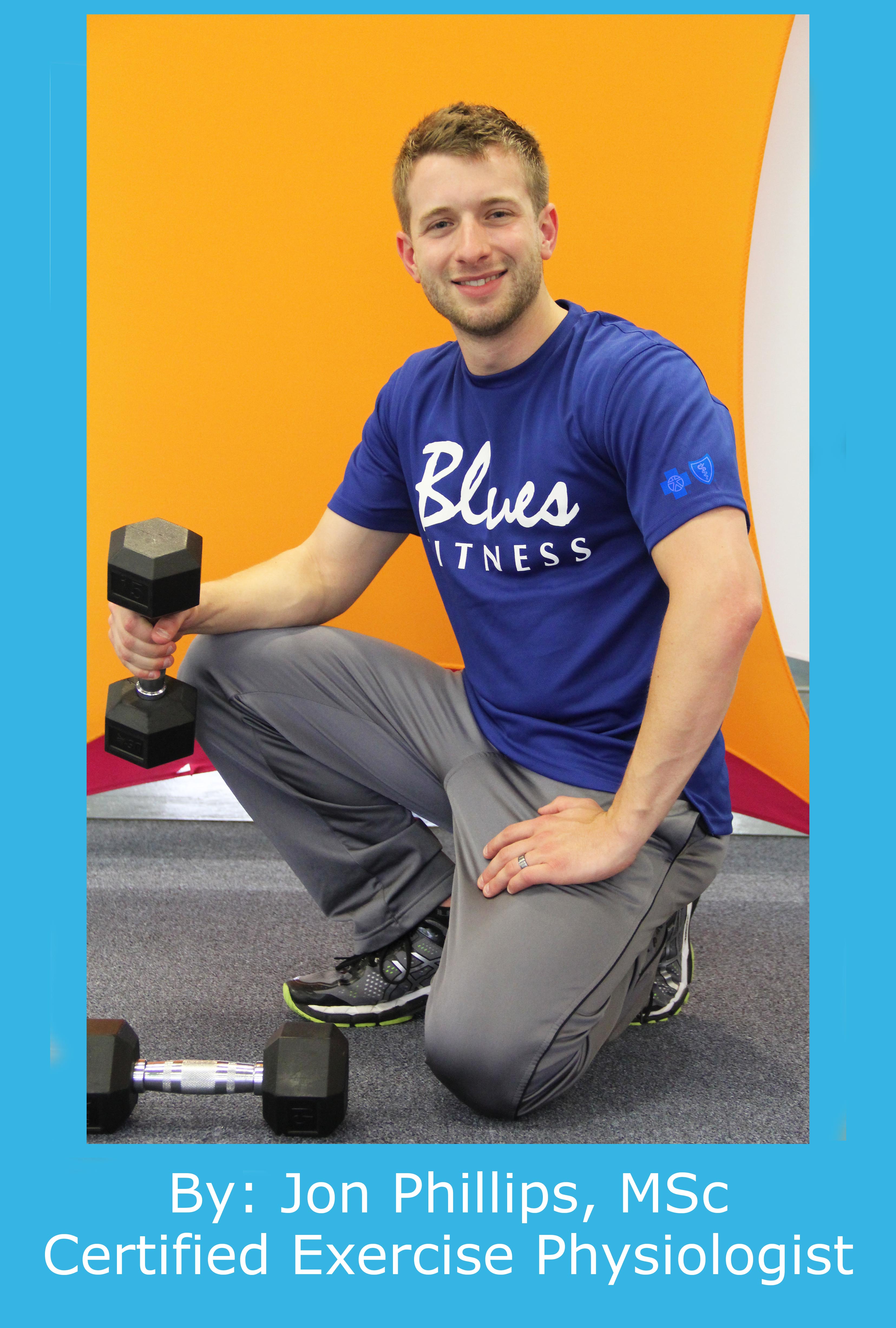Positive Self-Talk

"The words you speak become the house you live in."
How do you talk to yourself? I don’t mean in some strange, multi-personality kind of way. I’m talking about the nature of your inner dialogue. What is the tone you use when you’re thinking to yourself about yourself? Push pause on reading this right now. Stop and think for a moment about the way you talk to yourself… Okay, now you can continue.
If you’re like most of us, you realize your self-talk could use an upgrade. By nature, we humans are predominantly negative about a lot of things in life. It’s a self-protective mechanism that has some pros. For instance, being skeptical about things going well might prevent us from taking needless risks that might lead to something bad happening to us. But if this self-protective mechanism goes unchecked, it has potential to backfire and lead us to make some pretty poor life decisions. That’s the consequence of seeking to avoid discomfort at all costs. As the saying goes, “Doing only what feels good will soon feel really bad.”
There’s a Psychology term used to describe our natural tilt towards negativity. This phenomenon is known as negativity bias. As the name implies, negativity bias is used to describe our predisposition towards more negative rather than positive thoughts about ourselves, our present circumstances, and our outlook on the future.
Breaking the Negativity Cycle
Unless you choose to play an active role in your self-talk, you’ll find yourself perpetually at the mercy of your feelings/emotions. You may effectively assume the role of a victim who has no choice but to go with his gut, default emotions – even if that means playing into self-destructive behaviors.
If we act on negative emotions frequently enough, we probably won’t make the most healthy decisions in life. I don’t just mean diet and exercise-type decisions. Your mental, emotional, and relational health is directly impacted by how you view yourself and your circumstances. Therefore, it is extremely important that you think about how you talk to yourself.
Self-Talk is Powerful
Let’s talk about ways that positive self-talk can shift that negativity bias in a more favorable direction. A good step in the right direction for positive self-talk is shifting your focus. After all, if we only focus on what we want to avoid our self-talk will remain mostly negative. Imagine what life would be like if you tried telling yourself what you want out of life – not just what you want to avoid.
Positive self-talk, in this instance would favor a statement such as, “I want to eat healthy foods that will nourish my body” over, “I’ve got to stop eating this junk.” Do you hear the difference in tone? How about another example. “I’m exercising so I’ll improve my health and feel good” is exponentially more positive than, I’m exercising so I won’t be fat anymore.
You see, positive self-talk isn’t built around put downs like, “I’ve got to stop doing this to myself” or “I never stick with my plan. I’m such a failure.” Instead, positive self-talk focusses on statements that enrich your life and tilt your perception of your situations/circumstances towards the positive.
Fake It Until You Become It
But no matter your aspirations, remember that positive self-talk can go a long way in helping spur on the change you want to see. When your thoughts are positive, your momentum shifts in that direction. And positive behaviors that lead to positive results build positive momentum.
And when you aren’t feeling like the kind of person who can do what’s required to start seeing change in your life – fake it. I promise I’m not sending you off with a “fake it until you make it.” But I want you to consider the change that might come if you “fake it until you become it.”
Who we are is ultimately a product of what we regularly think, believe, and do. If you have trouble adopting positive self-talk, just think how the positive-thinking version of you would talk to you. Then, act like that person. Sometimes we have to start acting like the person we want to become. Act as if you’re already the person you want to be. One day it won’t feel like an act anymore.




 Women's Health
Women's Health Eat Healthy
Eat Healthy Exercise
Exercise Health & Wellness Articles
Health & Wellness Articles